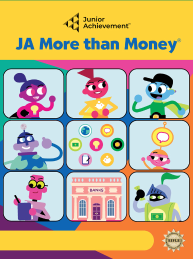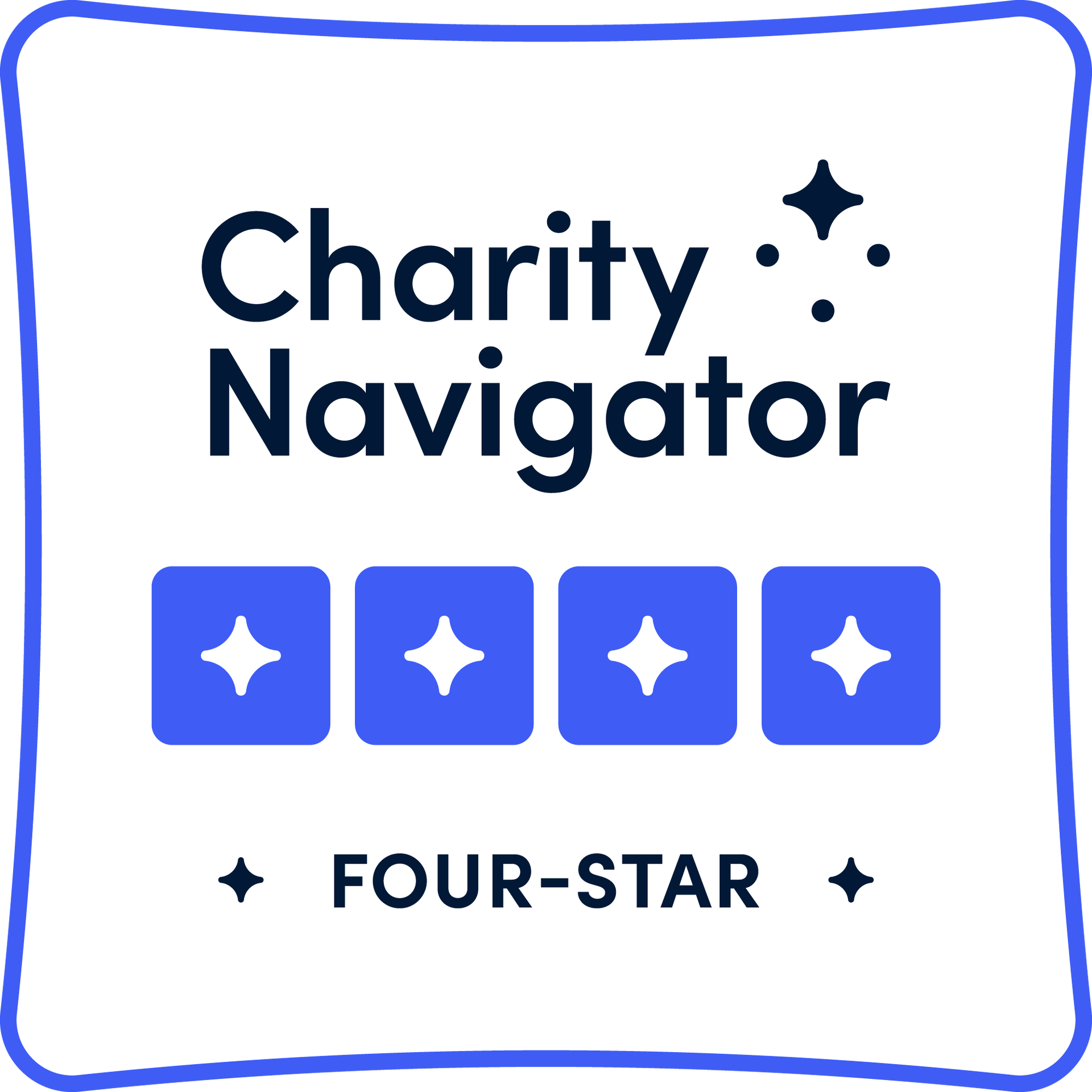| JA More than Money
Elementary School
Middle School
High School
Implementation
- Classroom Based
- After School
- Virtual
Pillars of Student Success
Financial Literacy
Entrepreneurship
Work Readiness
JA More than Money introduces students to financial literacy and entrepreneurship, and to social studies learning objectives that include money-management skills, goods and services, and global markets. Through hands-on activities and a JA cast of characters serving as symbols for financial literacy and entrepreneurship concepts, students learn a practical approach to starting a business and making smart decisions about managing money.
Following participation in the learning experience, students will be able to:
- Identify the role of money in everyday life.
- Think like entrepreneurs and identify a small business they can start.
- Learn the basic steps of starting a business.
- Consider the advantages and disadvantages of borrowing money.
- Explore the opportunities of global markets.
JA More than Money is recommended for students in grades 3–5 . This volunteer-led, kit-based learning experience can be implemented as a classroom- based, remote classroom, or after- school learning experience. It includes five 45-minute sessions, with additional extended learning activities and optional digital assets offered throughout. Spanish translation is available for
JA More Than Money.
JA Learning Experiences support national and state standards in reading, mathematics, social studies, and work and career readiness. See below for more information on alignment with national and state standards.
Program Concepts
advertising, bank account, business, business loan, business plan, consumer, deposit, earn, employee, entrepreneur, ethics, expenses, exports, financial institutions, goods and services, identify personal interests and goals, imports, income, market research, money, money management, opportunity cost, profit, skills, withdrawal, work environment
Skills Students Learn
Ask relevant questions and listen for information, comparing and contrasting, computation, consider how to turn ideas into realities, consider personal traits and interests, deductive reasoning, empathy, following directions, matching and classifying, presentation, problem solving, reading and following directions, self-employed, teamwork, think and work cooperatively, think critically, use vocabulary in a meaningful way





